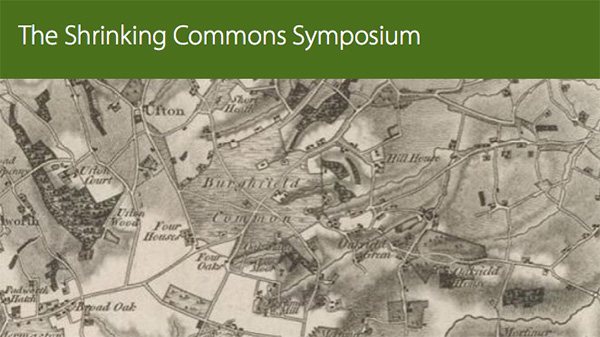Alun Anderson - New Scientist Who can own the Arctic?
Duration: 39 mins 49 secs
Share this media item:
Embed this media item:
Embed this media item:
About this item

| Description: |
Alun Anderson, Senior Consultant, New Scientist
Who can own the Arctic? 9 September 2014 By 2030 Arctic summer ice may be gone for good. Who can own the wealth that the retreating ice reveals? Environmental groups say it should be preserved for the world. Indigenous people insist that the Arctic can never belong to anyone else. Arctic nations seek to reserve power for themselves. Distant governments see commercial opportunities, whilst unexpected new links appear. At the same time, nature shows scant respect for agreements that divide the commons. As waters warm, fish flee north, disregarding fishery zones - leaving coastal nations searching for principles by which to parcel out this uncontrollably shifting commons. These phenomena are local manifestations of changes to the largest of our global commons - the atmosphere. Alun Anderson argues that the scale and time-course of climate change challenges human comprehension, whilst the fragmentation of academic disciplines and the failure to create a true digital commons militate against an appreciation of the Arctic's message. |
|---|
| Created: | 2014-10-20 08:48 |
|---|---|
| Collection: |
Shrinking Commons Conference
Shrinking Commons |
| Publisher: | University of Cambridge |
| Copyright: | Glenn Jobson |
| Language: | eng (English) |
| Distribution: |
World
|
| Keywords: | Shrinking Commons; Alun Anderson; |
| Categories: |
iTunes - Science - Geography |
| Explicit content: | No |
| Aspect Ratio: | 16:9 |
| Screencast: | No |
| Bumper: | UCS Default |
| Trailer: | UCS Default |
| Abstract: | Alun Anderson, Senior Consultant, New Scientist
Who can own the Arctic? 9 September 2014 By 2030 Arctic summer ice may be gone for good. Who can own the wealth that the retreating ice reveals? Environmental groups say it should be preserved for the world. Indigenous people insist that the Arctic can never belong to anyone else. Arctic nations seek to reserve power for themselves. Distant governments see commercial opportunities, whilst unexpected new links appear. At the same time, nature shows scant respect for agreements that divide the commons. As waters warm, fish flee north, disregarding fishery zones - leaving coastal nations searching for principles by which to parcel out this uncontrollably shifting commons. These phenomena are local manifestations of changes to the largest of our global commons - the atmosphere. Alun Anderson argues that the scale and time-course of climate change challenges human comprehension, whilst the fragmentation of academic disciplines and the failure to create a true digital commons militate against an appreciation of the Arctic's message. |
|---|---|
Available Formats
| Format | Quality | Bitrate | Size | |||
|---|---|---|---|---|---|---|
| MPEG-4 Video | 1280x720 | 2.92 Mbits/sec | 872.63 MB | View | Download | |
| MPEG-4 Video | 640x360 | 1.52 Mbits/sec | 455.39 MB | View | Download | |
| WebM | 1280x720 | 2.98 Mbits/sec | 891.33 MB | View | Download | |
| WebM | 640x360 | 701.01 kbits/sec | 204.52 MB | View | Download | |
| iPod Video | 480x270 | 491.35 kbits/sec | 143.29 MB | View | Download | |
| MP3 | 44100 Hz | 249.81 kbits/sec | 72.91 MB | Listen | Download | |
| Auto * | (Allows browser to choose a format it supports) | |||||

